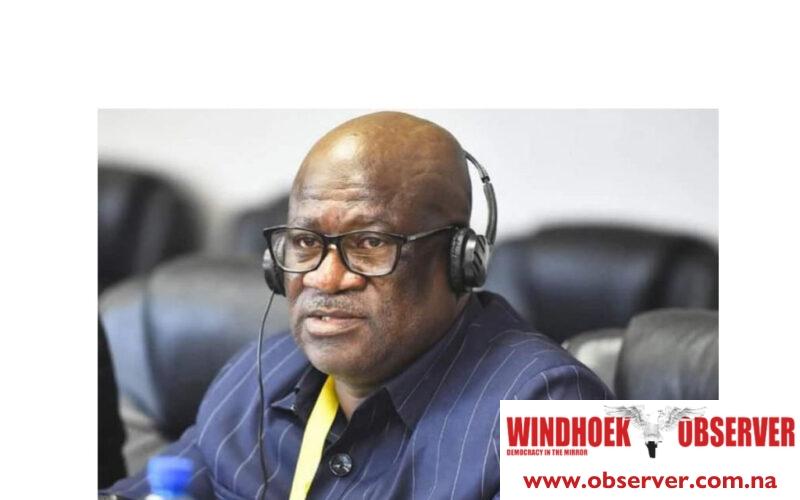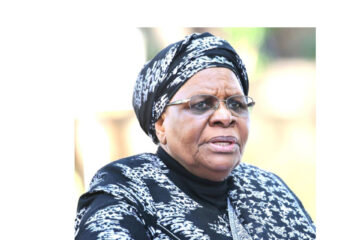Niël Terblanché
A motion brought forward by Swapo Chief Whip in the National Assembly, Hamunyera Hambyuka, has ignited fervent debate within the Namibian Parliament.
The motion, presented without notice, urges consideration and approval of Gerson Tjihenuna and Pius Iikwambi as commissioners of the Electoral Commission of Namibia (ECN), nominated by the President under Section 6 of the Electoral Act for a five-year term.
At the heart of the motion is the aim to ensure fairness, impartiality, and transparency in election processes, crucial pillars of democratic governance.
Hambyuka underscored the importance of approving the nominated members, citing their relevant experience and qualifications outlined in their curriculum vitae.
However, the motion encountered opposition from various quarters.
Landless People’s Movement (LPM) leader, Bernadus Swartbooi, voiced objections to Gerson Tjihenuna’s appointment, citing past corruption allegations related to electoral processes.
Swartbooi specifically referenced concerns regarding the use of Electronic Voting Machines (EVMs), which were deemed illegal by the court in previous cases.
The Popular Democratic Movemen’s Elma Dienda proposed a constitutional amendment, arguing against the President’s authority to appoint commissioners while concurrently contesting elections.
Dienda contended that such appointments compromise the independence of the commission.
Prime Minister Saara Kuugongelwa-Amadhila weighed in on the debate, emphasizing the oversight role of the National Assembly regarding the ECN.
She stressed that if parliamentarians believe the Electoral Commission has failed in its responsibilities, they cannot afford to wait for court rulings on unrelated matters to disqualify appointments.
The motion’s discussion highlighted broader concerns regarding the integrity and independence of the electoral process in Namibia.
With the impending expiration of the terms of office for the current commissioners on 15 March 2024, the urgency of the decision looms large.
The outcome of the parliamentary deliberations will shape the composition and direction of the Electoral Commission which might have far-reaching implications for the future of democratic governance in Namibia.




